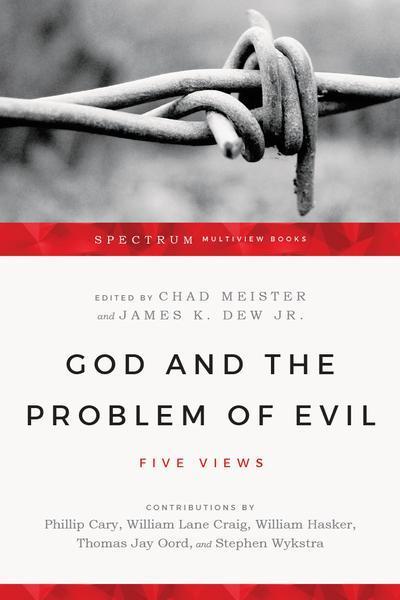God and the Problem of Evil: Five Views (Spectrum Multiview Book)
Publisher's Description
Evil abounds. And so do the attempts to understand God in the face of such evil.
The problem of evil is a constant challenge to faith in God. How can we believe in a loving and powerful God given the existence of so much suffering in the world? Philosophers and theologians have addressed this problem countless times over the centuries. New explanations have been proposed in recent decades drawing on resources in Scripture, theology, philosophy, and science.
God and the Problem of Evil stages a dialogue between the five key positions in the current debate:
- Phillip Cary: A Classic View
- William Lane Craig: A Molinist View
- William Hasker: An Open Theist View
- Thomas Jay Oord: An Essential Kenosis View
- Stephen Wykstra: A Skeptical Theism View
According to the classic position, associated especially with the Augustinian tradition, God permits evil and suffering as part of the grand narrative of divine providence to bring about the redemption of creation. Molinism modifies the classic view by adding God's middle knowledge to the picture, in which God has knowledge of what creatures would do in all possible worlds. Open theism rejects the determinism of the classic view in favor of an account of God as a risk-taker who does not know for sure what the future holds. Essential kenosis goes further in providing a comprehensive theodicy by arguing that God cannot control creatures and thus cannot unilaterally prevent evil. Skeptical theism rejects the attempt to provide a theodicy and instead argues that, if God exists, we should not expect to understand God's purposes.
Edited and with an introduction by Chad Meister and James K. Dew Jr., God and the Problem of Evil hosts a generous and informative conversation on one of the most pressing issues in the Christian life.
-
Cover Type
-
ISBN
-
Page Count
-
Weight
-
Publisher
-
Publication Date



